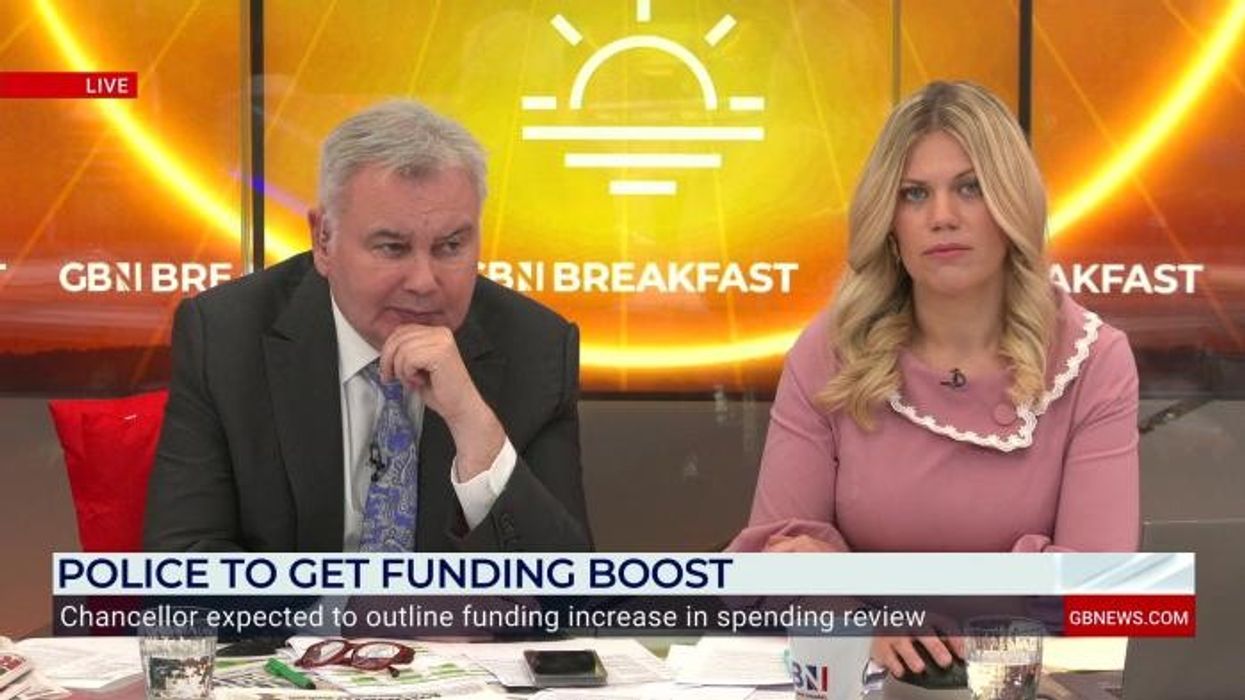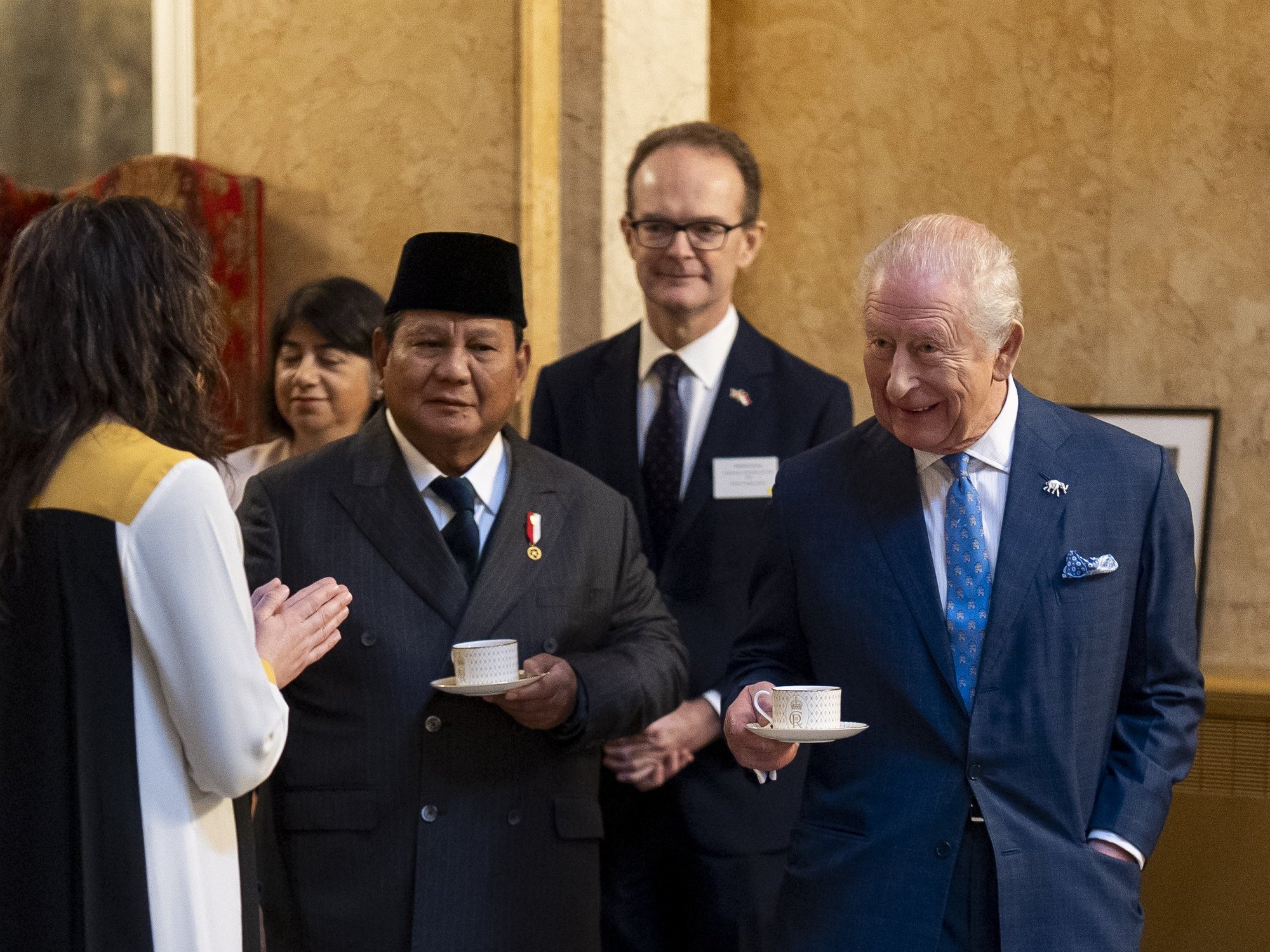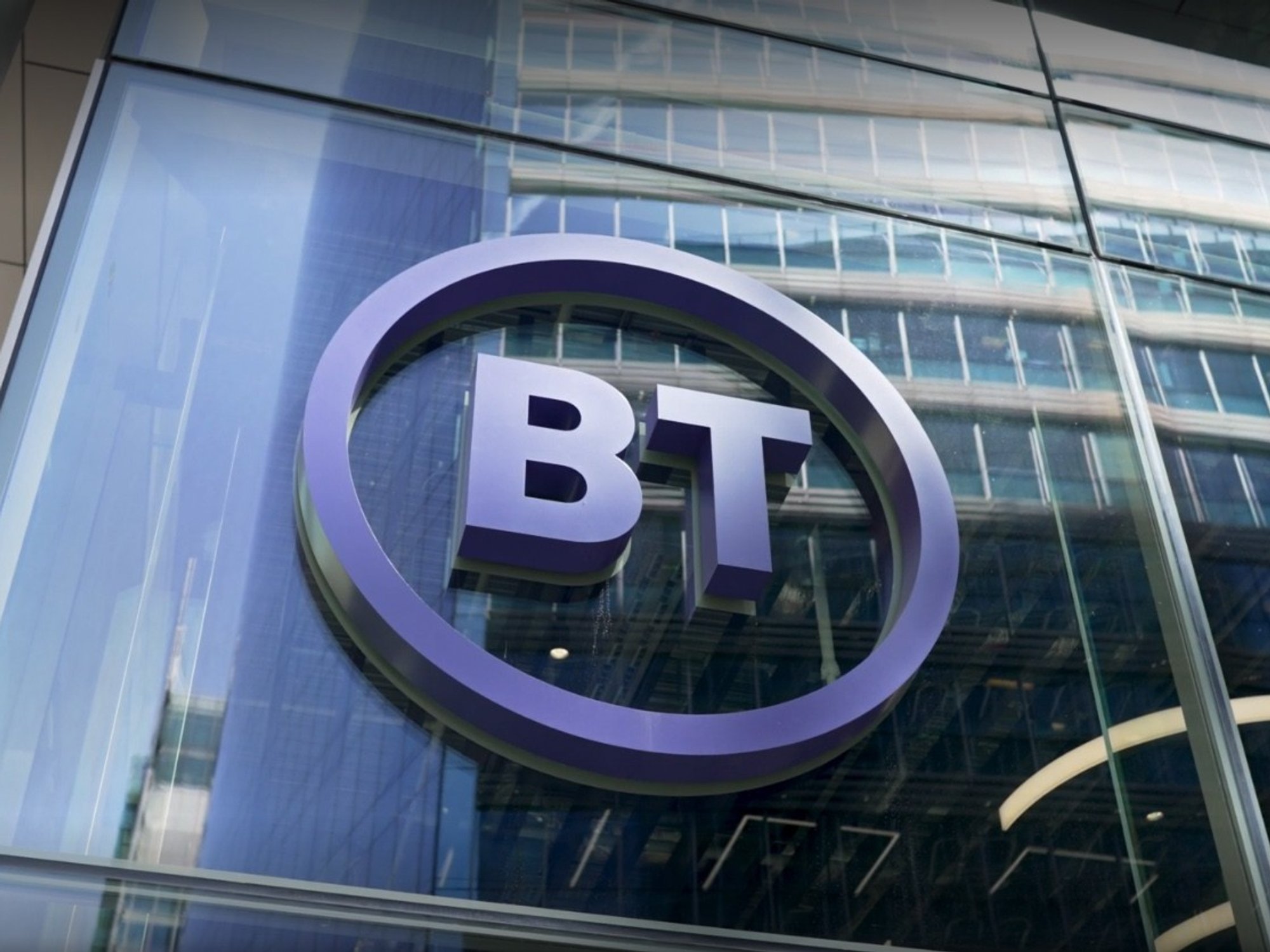Donald Trump visit sparks £40bn US tech investment in Britain

AI Growth Zone in North East is expected to deliver 5,000 jobs as global firms commit billions
Don't Miss
Most Read
Britain and America have unveiled a landmark technology agreement during President Trump’s official visit, with leading US corporations committing billions to the UK’s artificial intelligence sector.
The partnership covers artificial intelligence, quantum technology and nuclear power.
Primer Minister Keir Starmer described the deal as “a generational step change” in transatlantic relations.
Nvidia, Microsoft, OpenAI and Google all announced major investments coinciding with the visit.
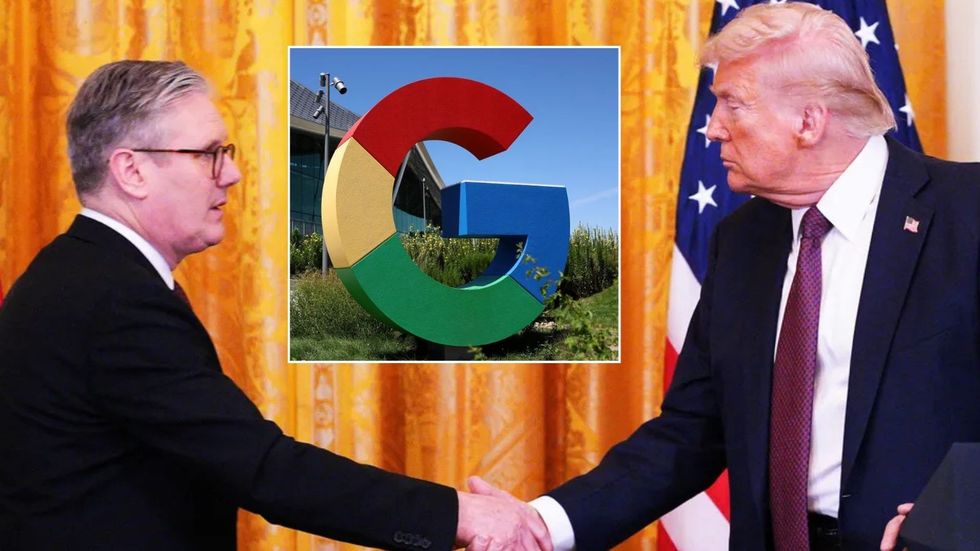
Both leaders are expected to formally sign the deal in the coming days
|Reuters/Getty
Downing Street said the agreement would shape “the futures of millions of people on both sides of the Atlantic, and delivering growth, security and opportunity up and down the country.”
Both leaders are expected to formally sign the deal in the coming days.
The North East will host a pioneering AI Growth Zone, expected to generate 5,000 jobs.
Blyth in Northumberland has been chosen for a major data centre developed by OpenAI, Nvidia and British infrastructure firm Nscale.
Do you have a money story you’d like to share? Get in touch by emailing money@gbnews.uk.
The Government has pledged to provide the necessary power infrastructure.
The site will form part of OpenAI’s international Stargate programme, which is already building facilities in the United States, Norway and the United Arab Emirates.
Nvidia expects to generate £14.6billion from Government technology agreements by the end of 2025, underlining the strategic importance of the Northumberland project.
Microsoft has announced its largest UK investment to date with £22billion being pumped into the economy to develop data centres and build Britain’s most powerful AI supercomputer.
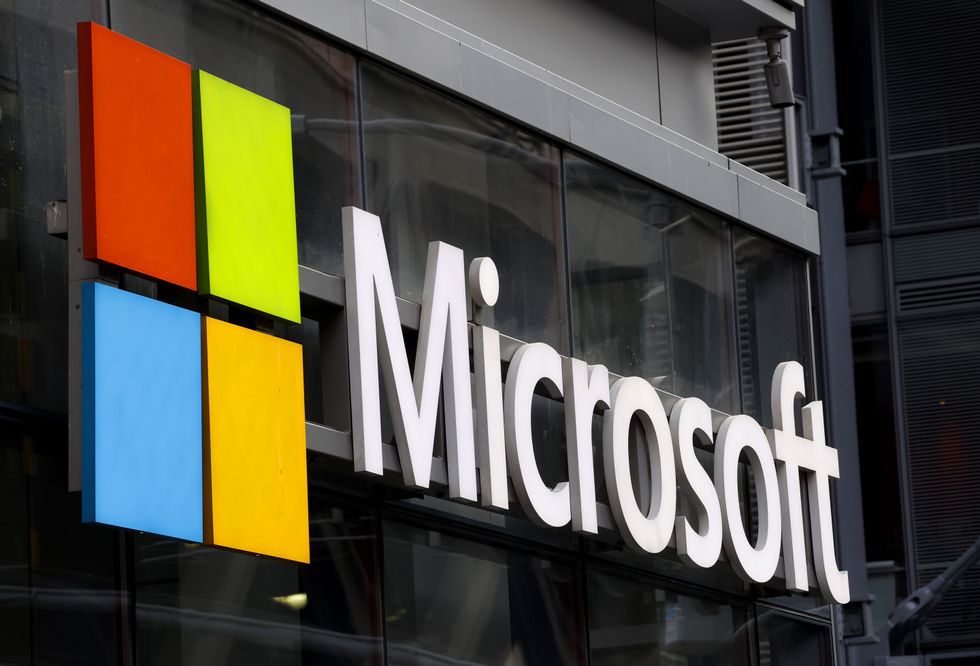
Microsoft is also part of the deal
| GettyGoogle’s parent company Alphabet will invest £5billion, expanding its Hertfordshire facilities and supporting London-based DeepMind, which continues to lead global AI research.
Cloud computing firm CoreWeave will invest £1.5billion, while Salesforce will commit £1.4billion.
In total, the pledges represent more than £40billion of US investment in Britain’s digital infrastructure.
Nvidia chief executive Jensen Huang called the agreement “a historic chapter in US–United Kingdom technology collaboration”.
He said: “We are at the Big Bang of the AI era – and the United Kingdom stands in a Goldilocks position, where world-class talent, research and industry converge.”
OpenAI boss Sam Altman praised Britain’s role in the sector.
He said: “The UK has been a longstanding pioneer of AI, and is now home to world-class researchers, millions of ChatGPT users and a Government that quickly recognised the potential of this technology.
“Stargate UK builds on this foundation to help accelerate scientific breakthroughs, improve productivity, and drive economic growth.”
The partnership goes beyond artificial intelligence to include quantum computing and nuclear energy cooperation.
This includes investment in modular nuclear reactors, revealed earlier this week as part of the wider collaboration.
LATEST DEVELOPMENTS:
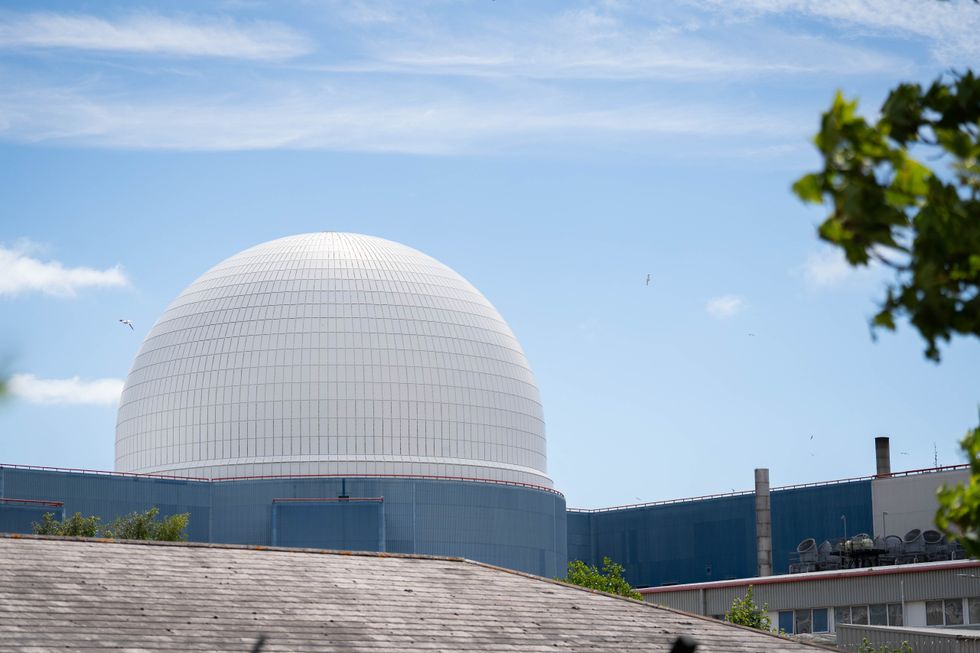
The nuclear power industry will also see investment
| PAOfficials said the agreement cements Britain’s position as a global innovation hub while strengthening the special relationship.
The surge of investment comes as countries compete to dominate emerging technologies.
Britain’s combination of world-class universities, established research and supportive governance is seen as an advantage in attracting international capital.
The deal promises both immediate benefits through job creation and long-term strategic advantages in technologies set to define the next generation.
More From GB News


